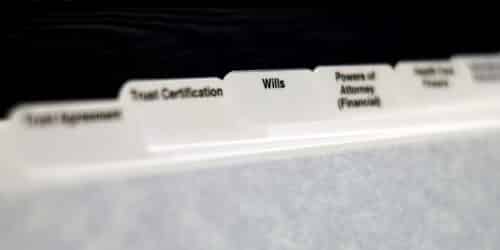The Family Responsibility Office (“FRO”) is a government agency that enforces child support and spousal support payments. FRO collects support from the support payor directly or from the payor’s employer through automatic deductions. These monthly amounts are then paid by FRO to the support recipient. FRO is typically able to do this if there is a Court Order or if there is a Separation Agreement that’s been filed with the Court and registered with FRO.
What Happens if a Payment is Missed?
FRO can take many enforcement actions if a payment is missed or if a payor parent falls behind in his or her payments. These include garnishing one’s wages or even making a request to get payments from existing bank accounts.
Driver’s Licence Suspension
A common step FRO takes if payments aren’t being made is to move to suspend a person’s driver’s licence. Commonly, this is where many people get concerned as, to many of us, having a car is important for our work and lifestyle. To avoid a driver’s licence suspension, the payor:
– Immediately has to bring his or her payments up to date;
– Enter a voluntary payment plan with FRO, which follows a payment schedule at a rate the payor can afford. Typically this means paying a regular amount towards the amounts owed plus continuing to pay towards the ongoing support obligation; or
– Seek a Refraining Order from the Court. This type of Order prevents FRO from suspending one’s driver’s licence temporarily, but may still require the payor to make ongoing payments and payments towards arrears.
The FRO notification, a First Notice of Driver’s Licence Suspension, will include deadlines by which a response is required. If the deadline passes, you can no longer seek a Refraining Order from the Court and FRO may take additional steps to see that payments are made.
Default Hearing and other Consequences
FRO could start a default hearing process. This requires the person to go to Court and explain to the Court why they haven’t made payments. The result of this could be an Order requiring payment, starting further court processes, or even going to jail.
What if the Payor Leaves Ontario?
FRO can collect payments from a parent who lives anywhere in Canada. They can also collect against a payor in the U.S. and a range of countries they have an agreement with. Some examples include the UK, Australia, Finland, and Ghana.
If you have received a letter from FRO, or you are a support recipient looking to enforce with FRO, please speak with a lawyer to discuss the next best steps for you. The above is general information and is not legal advice. Feel free to contact us at Mann Lawyers for a consultation.
This blog post was written by Olivia Koneval, a member of the Family Law team. She can be reached at 613-369-0367 or at olivia.koneval@mannlawyers.com.






